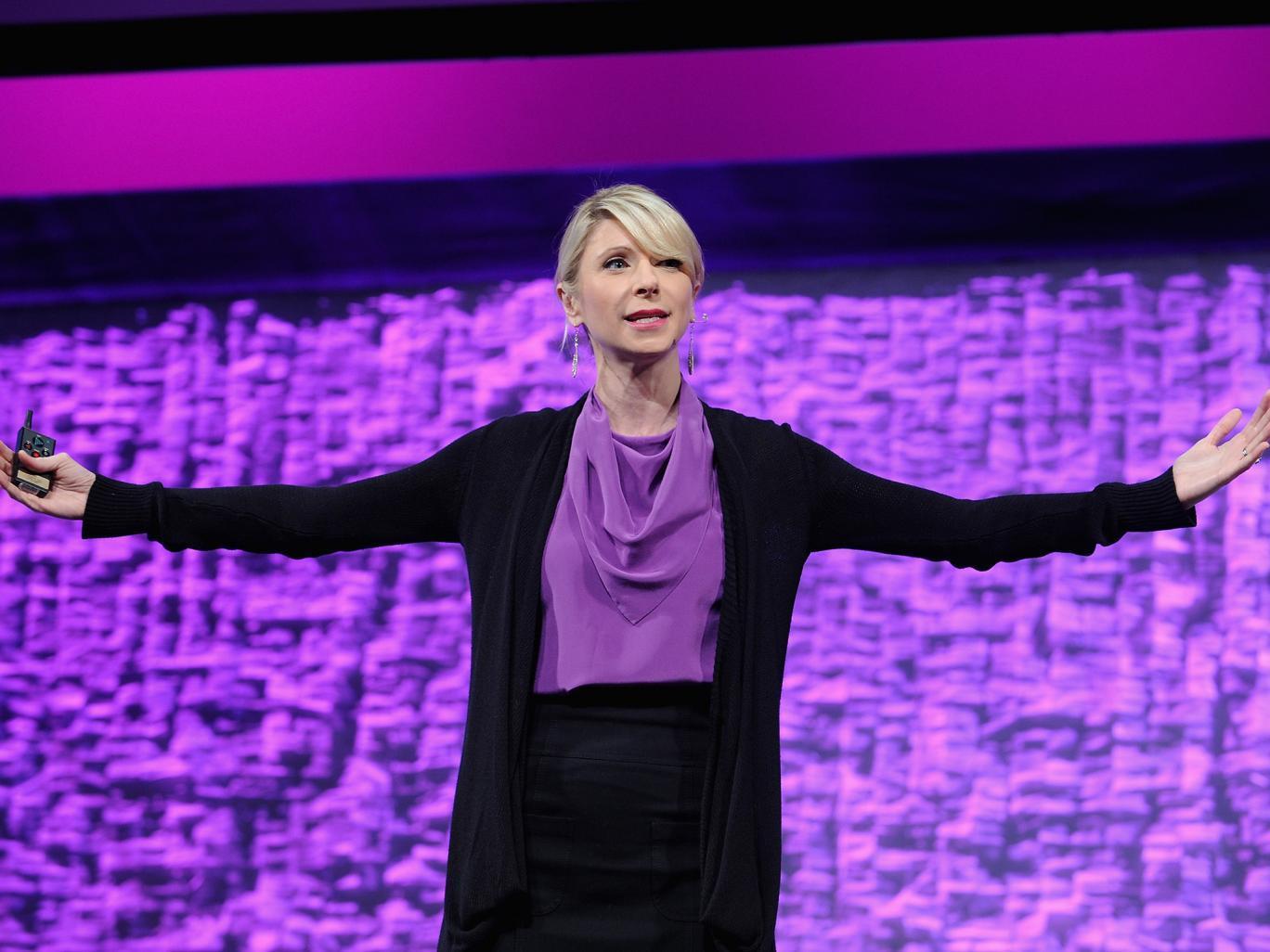The Independent's journalism is supported by our readers. When you purchase through links on our site, we may earn commission.
A Harvard psychologist reveals the biggest reason people don’t achieve their goals

Your support helps us to tell the story
From reproductive rights to climate change to Big Tech, The Independent is on the ground when the story is developing. Whether it's investigating the financials of Elon Musk's pro-Trump PAC or producing our latest documentary, 'The A Word', which shines a light on the American women fighting for reproductive rights, we know how important it is to parse out the facts from the messaging.
At such a critical moment in US history, we need reporters on the ground. Your donation allows us to keep sending journalists to speak to both sides of the story.
The Independent is trusted by Americans across the entire political spectrum. And unlike many other quality news outlets, we choose not to lock Americans out of our reporting and analysis with paywalls. We believe quality journalism should be available to everyone, paid for by those who can afford it.
Your support makes all the difference.Shooting for the moon is a worthwhile goal if you're NASA.
But as Harvard psychologist Amy Cuddy explains in a recent Big Think video, the average person will probably find more success (and happiness) if they shoot for just down the block -- at least at first.
The biggest mistake a lot of people make in setting goals for themselves, Cuddy says, is that they focus only on the outcome, not the process.
Cuddy is an expert on human behavior and the author of "Presence: Bringing Your Boldest Self to Your Biggest Challenges." She's conducted loads of research into tiny triggers that cause us to either take pride in our accomplishments or look back on our failings with regret and disappointment.
She's found that people often get down on themselves because of unrealistic or poorly planned goals.
"They're so big. They're so distant," Cuddy says of moonshots such as losing 40 pounds or getting a dream job. "They require a million little steps in between, and each of those little steps is an opportunity to fail."
The smarter approach is to learn to embrace the process.
On its face, that may seem counter-productive, like you're taking your eyes off the prize. But Cuddy emphasises the power of using long-term thinking for short-term planning. You won't lose all the weight overnight, so your best option is to focus on making each day the best it can be. Chop up the big goal into a string of daily or weekly goals that are easier to accomplish.
"A lot of research is showing us that we do much better when we focus on incremental change, on little bits of improvement," Cuddy says.
That's how you go from a couch potato to a marathoner. You temporarily ignore the fact you need to run 26.2 miles several months from now, and focus only on running one mile today. And since that goal is much easier to achieve, you'll feel a sense of accomplishment once it's complete.
In turn, that creates the extra motivation you need to move onto a second and third run, and, ultimately, the race itself.
"Eventually, in aggregate, you get there," Cuddy says. "You may not even realise it, until one day you turn around say 'Wow, this thing is much easier for me now than it was a year ago.'"
Read more:
• This chart is easy to interpret: It says we're screwed
• How Uber became the world's most valuable startup
• These 4 things could trigger the next crisis in Europe
Read the original article on Business Insider UK. © 2016. Follow Business Insider UK on Twitter.
Join our commenting forum
Join thought-provoking conversations, follow other Independent readers and see their replies
Comments